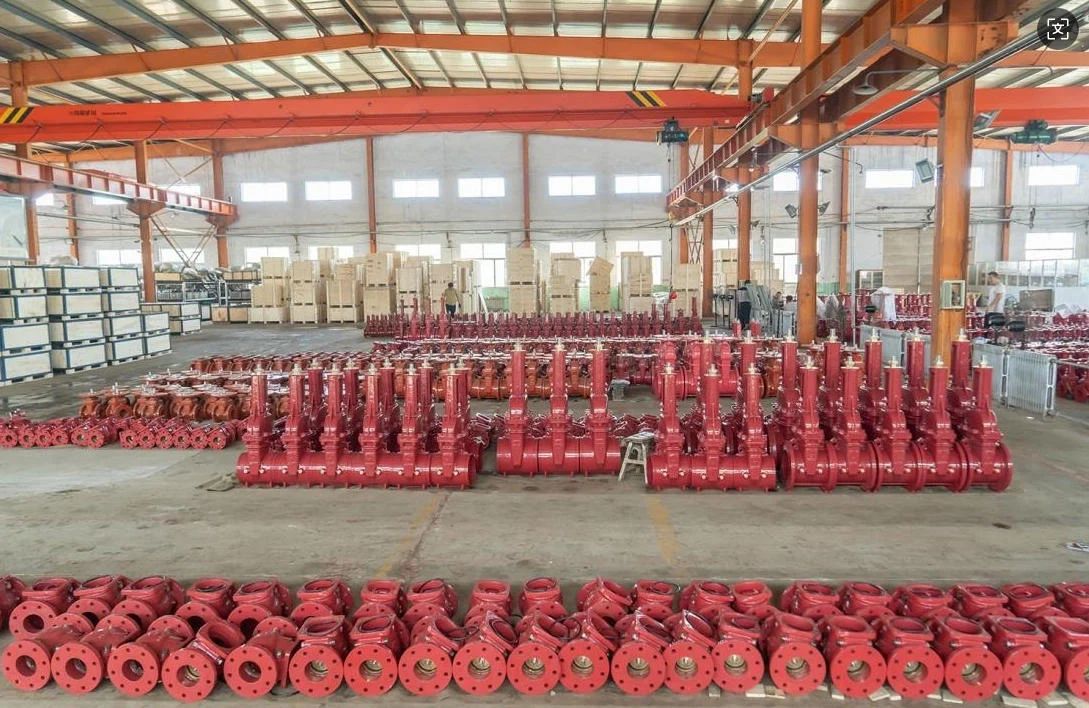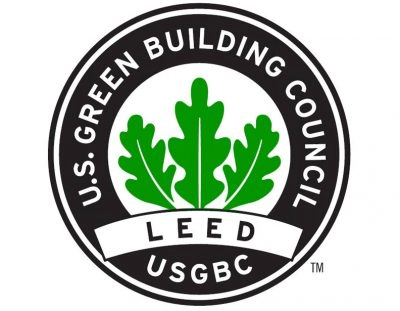If you’re managing a factory, a towering office building, or a busy warehouse, safety is everything. Fires can spark from electrical glitches or stored chemicals. When that happens, you need systems that work without fail. Fire protection valves are the heart of those systems. They make sure water or fire-fighting agents get to the right spot, fast. This article explores why these valves are vital, how they work in industrial settings, and what makes them a must-have for keeping people and property safe.
What Are Fire Protection Valves?
Fire protection valves control the flow of water or other fire-suppressing agents in fire safety systems. They’re like the traffic cops of your fire setup. They direct water through pipes to sprinklers or hydrants when a blaze starts. These aren’t ordinary valves. They’re built to handle intense pressure, extreme heat, and the chaos of an emergency.
Types of Fire Protection Valves
No single valve fits every need. Different industrial settings demand specific types, each playing a unique role in stopping fires. Here’s a look at the main ones:
| Valve Type | Function | Common Applications |
| Gate Valves | Manage water flow with a sliding gate, perfect for on/off control. | Main water lines, sprinkler setups. |
| Butterfly Valves | Use a spinning disc to adjust flow, small and quick to use. | High-rise buildings, factories. |
| Check Valves | Stop backflow to keep water moving one way. | Pump systems, preventing contamination. |
| Deluge Valves | Dump large amounts of water fast for high-risk areas. | Chemical plants, aircraft hangars. |
| Pressure Regulating Valves | Keep pressure steady to protect the system. | Complex sprinkler networks. |
Each valve has its job. The right choice depends on what your facility needs. A chemical plant might need deluge valves for quick action. A warehouse might rely on gate valves for steady control.
Why Fire Protection Valves Matter in Industrial Settings
Industrial spaces are tricky. They’re not like homes or small offices. The risks are bigger, and the systems are more complex. Fire protection valves aren’t just handy—they’re a lifeline. They keep fires from turning into disasters. In 2023, a Texas factory fire was stopped in under five minutes because deluge valves worked perfectly. That saved millions in damage. These valves also hold up in tough conditions, like scorching heat or freezing cold. In a coastal refinery, for instance, they resist saltwater corrosion while working flawlessly. Plus, they help you meet strict rules from groups like NFPA or OSHA. Certified valves, like those with FM or UL stamps, keep you out of trouble with regulators. And let’s not forget the cost angle. A fire can wipe out inventory and halt production. Good valves cut that risk, saving you from huge losses. They’re tough, so you don’t need to replace them often, which is a win for your budget.
I used to think valves were just plumbing parts. Then I saw one in action during a warehouse fire. It was like watching a well-oiled machine save the day. That’s when I got why they’re so important.
Key Features of High-Quality Fire Protection Valves
Not every valve is up to the task. In industrial settings, you need ones that can take a beating. Look for valves made from sturdy materials like ductile iron or stainless steel. They handle high-pressure water and shrug off corrosion, even in places like chemical plants. You also want valves that are easy to use. In a crisis, there’s no time to mess around with tricky controls. Butterfly valves, for instance, work with a quick quarter-turn. Certifications matter too. Valves with FM, UL, CE, or LPCB approval have been tested to perform when it counts. And the best ones don’t need constant babysitting. Check valves, for example, work on their own, cutting down on maintenance time. A facility manager I know swears by checking valves every three months. It’s a small step that catches problems before they become emergencies.
Applications of Fire Protection Valves in Industry
You’ll find fire protection valves in all kinds of industrial setups, quietly doing their job to keep things safe. In manufacturing plants, heavy machines and flammable materials make fires a real threat. Deluge valves are often used in high-risk spots like paint shops or assembly lines. They dump water fast to stop fires from spreading. Warehouses, with their huge spaces and stacked goods, rely on gate valves and sprinklers to keep flames in check. In oil and gas facilities, pressure-regulating valves keep systems stable, so suppressants flow without bursting pipes. Data centers are another big one. They need precise fire protection to save sensitive equipment. Check valves stop water from flowing back into critical systems, like electrical rooms. I heard about a Midwest data center that dodged a massive loss because a check valve kept water where it belonged. Stories like that show how the right valve can save the day.
Fluid Tech: Your Trusted Fire Protection Valves Supplier
When you’re picking fire protection valves, you need a supplier you can count on. Fluid Tech Piping Systems (Tianjin) Co., Ltd., based in northern China, has been a leader in fire protection since it started. Founded in 2018 through partnerships with top foundries and pipe fitting plants, Fluid Tech offers a wide range of valves and grooved fittings for industrial fire safety. Their products meet tough FM, UL, CE, LPCB, and VDS standards, so you know they’re reliable. With a warehouse in a northern logistics hub, they provide fast, one-stop procurement for construction companies worldwide. That means you get the right valves when you need them.
Conclusion
Fire protection valves don’t make the news, but they’re the backbone of industrial safety. Gate valves control water flow. Deluge valves tackle massive fires. Every type has a role in protecting lives and property. By choosing high-quality, certified valves and working with a dependable supplier like Fluid Tech, you’re setting your facility up for success. Whether it’s a factory, warehouse, or data center, these valves can turn a potential disaster into a minor hiccup. Next time you’re in an industrial space, give a nod to the valves quietly standing by. They’re ready to jump into action when the heat is on.
FAQs About Fire Protection Valves
Why do fire protection valves matter so much in industrial settings?
Fire protection valves are key because they manage water or suppressant flow in fire systems. They act fast to stop fires, especially in industrial spaces where flammable materials can make things spiral. They’re all about safety and reliability when it counts.
What certifications should I check for in fire protection valves?
Go for valves with FM, UL, CE, LPCB, or VDS certifications. These mean the valves have been tested thoroughly. They meet global safety standards, which is a big deal for industrial applications.
How often should I check fire protection valves?
Most pros say to inspect fire protection valves every three months. This catches wear or corrosion early. It’s a small step to make sure they’re ready for an emergency.
Can fire protection valves handle extreme conditions?
Absolutely. Top-notch fire protection valves are built for tough spots, like extreme heat or corrosive environments. Stainless steel valves, for example, hold up in chemical plants or near the coast.
How do I pick the right fire protection valve for my facility?
It depends on your setup. Deluge valves work for high-risk areas. Gate valves are great for main water lines. Talk to a supplier like Fluid Tech to find the best fit for your system.






